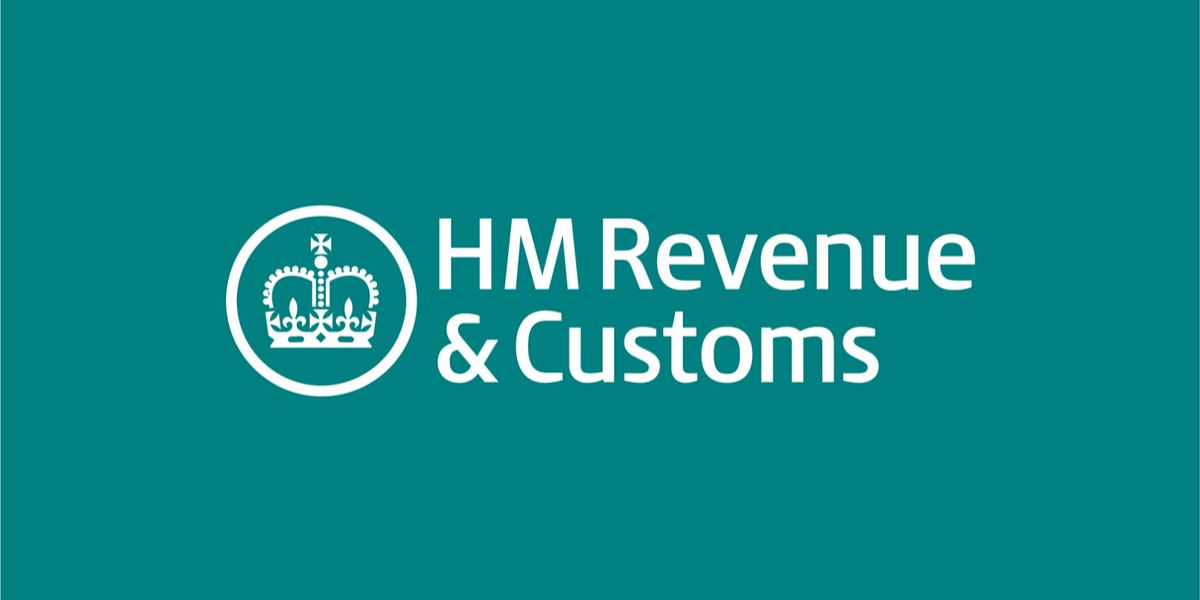The HMRC has recently updated its guidance (INTM 422000 et seq) on Advance Pricing Agreements (APAs). The updated guidance provides more comprehensive information, particularly in terms of the formal process and HMRC’s expected timeframes. These changes reflect the evolving landscape of international taxation and follow the publication of the Bilateral Advance Pricing Arrangement Manual (BAPAM) by the OECD in September 2022.
Key highlights of the APA guidance updates:
- Impact of Unresolved Prior Period Audits: The guidance clarifies that an overseas tax audit does not automatically rule out an APA application. However, it must be assessed if meaningful engagement on the APA can occur within a reasonable timeframe. APAs won’t be accepted if there are unresolved prior-year HMRC inquiries related to proposed transactions.
- Admission of Unilateral APAs: In updated APA guidance, HMRC states that businesses seeking a unilateral APA in the UK should first approach treaty partner countries for bilateral discussions. In such cases any unilateral APA would still be expected to be exchanged with the relevant tax treaty partner in accordance with HMRC’s exchange of information requirements.
- Expression of Interest Requirements: For bilateral/multilateral APAs, businesses must approach each territory to discuss their intentions. The guidance elaborates on the information to be provided during the Expression of Interest (EoI) stage.
- Formal Application Process: HMRC introduces a prescribed timeframe of 30 days to accept or reject APA applications. There may be an additional confirmation step after the initial review.
- Reaching Agreement: HMRC aims to reach agreements within 30 months, following OECD best practices, but bilateral agreements can take longer. If it exceeds 30 months, senior team members will review the case. For bilateral APAs, agreements are proposed to UK businesses as “take it or leave it.” Exceptions may allow revisiting the proposal if both competent authorities agree. HMRC will provide negotiation updates.
- Withdrawal from APA Process: HMRC has provided additional guidance on when they might withdraw from an APA process or request a new application. If there is a lack of response or engagement from another tax administration, HMRC may terminate the process after reasonable efforts to encourage progress. Additionally, if there’s a suspension of APA progress for at least six months, HMRC may request a new application, depending on the circumstances. HMRC now requires the taxpayer and HMRC to sign the agreement within 60 days of mutual agreement by the competent authority.














